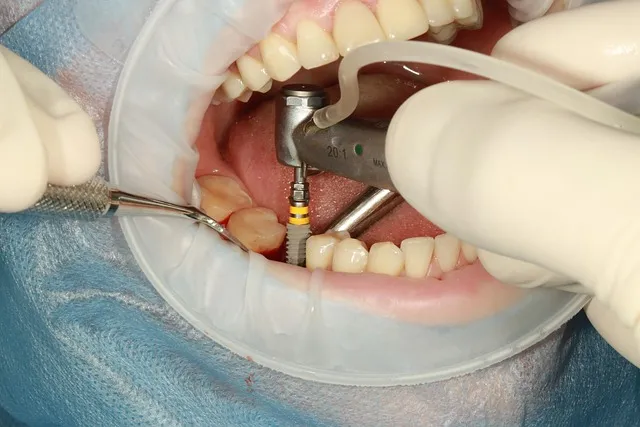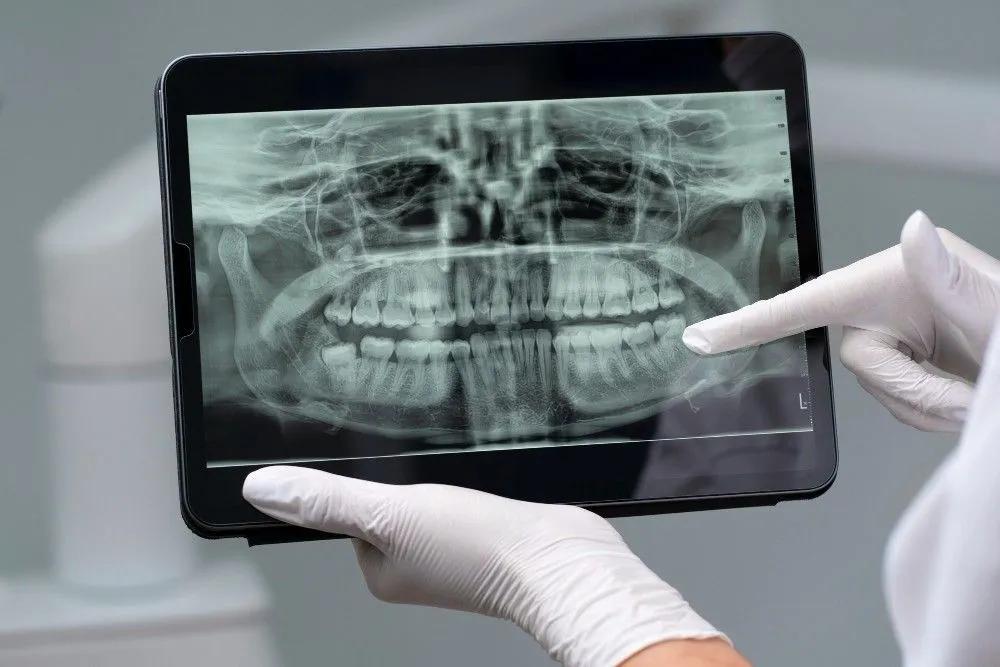Do you snore a lot while asleep? It can be a significant sign of sleep apnea.
Sleep apnea is the most common as well as a severe sleep disorder. About 18 million Americans suffer from this disorder. Anyone could be a victim of sleep apnea. It can even affect children.
Sleep apnea occurs while you are sleeping. Usually, it happens when there is a lack of oxygen supply between your brain and the body. The person suffering from sleep apnea has a hard time breathing while they are asleep. They stop breathing for a few seconds, and this can happen many times in a single night. Sometimes it can even go beyond a hundred times.
Sleep apnea is not limited to exhaustion and snoring. If you ignore it and not treated on time, then it can cause a lot of profound health issues like:
- High blood pressure
- Heart stroke
- Diabetes
- Chronic diseases
- Heart-related problems
Types of Sleep Apnea
There are two types of sleep apnea disorder:Obstructive Sleep Apnea
This is the most common type of sleep apnea. In obstructive sleep apnea, a person stops breathing from time to time throughout the whole night due to blockage of the airway, which makes soft tissues of the back of your throat to collapse. Usually, this lasts around 10 seconds followed by gasps, choking, or snorts as a person's body struggles to resume the breathing process again. Also, read about: Having Difficulty Sleeping? It Could Be Something Else. When you sleep to relax, your body's muscles relax too so that they can repair themselves to keep you active and healthy. Same is the case with your mouth's tissues. They also rest when you are sleeping. When those muscles relax, your airway is narrowed and for people suffering from sleep apnea airway path narrows up to a point where air passage gets completely blocked. This obstructs the flow of oxygen into the blood and increases the level of carbon dioxide inside your body.Central Sleep Apnea
Central sleep apnea is less common than the other one. Unlike Obstructive sleep apnea, the airway doesn't get blocked. Instead, due to unstable respiratory control central your brain stops sending signals to the muscles responsible for breathing. Find out: If Sleeping Pills Make You Sleep Better At Night. It usually occurs due to heart-related diseases, or when you sleep at high altitude. Symptoms of central sleep apnea include difficulty in concentration, gasping or choking in the nighttime, morning headaches, chest pain at night, excessive drowsiness in the daytime, frequent mood swings, abrupt awakening from sleep due to the shortage of breath, and snoring.How Can a Dentist Help?
As discussed earlier, dentists play a valuable role in detecting sleep apnea. Not only they can detect sleep apnea, but they can also help to reduce the symptoms of the disorder. After going through diagnosis, dentists can recommend you what treatments to consider as per your diagnosis report. You must read: Sleep Apnea - A Serious Problem? In most of the cases, they will recommend you to use oral appliances. People suffering from sleep apnea can undergo Continuous Positive Airway Pressure Oral appliances to help ease the symptoms of sleep apnea. Generally, there are two types of oral appliances.Tongue Retaining Appliances:
The tongue retaining device helps in the treatment of Obstructive sleep apnea syndrome. According to a study by NCBI, the index of mean apnea-hypopnea decreased significantly, and by using the device intensity of snoring reduced by 68%. This device is an alternative to continuous positive airway pressure machine (CPAP) therapy. TRD prevents obstruction of the airway by holding your tongue forward during sleep. Basically, the device increases the three-dimensional airway space of your mouth. This is one of the most useful technique to keep the airway open while you are asleep.Mandibular Repositioning Appliances:
Mandibular repositioning device is the most popular oral appliance and recommended by dentists. This device is usually the first choice by dentists for people suffering from mild to moderate sleep apnea. This device reduces the effects of sleep apnea efficiently. You can also read: Sleep Apnea Suprising Facts You Should Know. Mandibular repositioning device is similar to the mouth guard. It comfortably fits over your teeth and mouth just like a mouth guard. It pushes your tongue and jaw forward to increase the airflow by making the airway larger in your throat. The device also reduces the chance of airway getting narrowed again as you breathe in and will make sure that tissues don't collapse. To able to utilize the full functions of this device make sure it fits over your mouth perfectly. If it doesn't then you should visit your dentist who will assist you with the device. These oral devices have proved to be a boon for people suffering from sleep apnea as they are relatively inexpensive than the other high-tech lab equipment. [author title="About Author:" image="https://cdn.credihealth.com/system/images/blog/2253/original/sara-o-brown.webp"]Sara O Brown is a working mom, lives with her dentist husband and her adorable dog, Casper. She is passionate about traveling and cooking. She has been writing for Solventwaste.com.[/author]
Reviewed by







